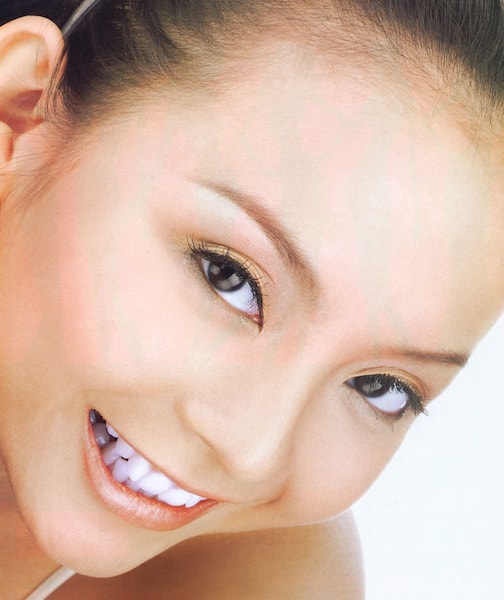 Dermal fillers are volume enhancing substances injected beneath the skin to restore lost volume and provide a smoother and more youthful looking appearance. Fillers replace lost volume by plumping up the skin and lips as well as softening deep creases and smoothing fine lines. They can also be used to diminish hollowed or shadowed contours and improve the appearance of recessed scars. Dermal fillers are a cosmetic means to fresher looking skin without surgery or downtime.
Dermal fillers are volume enhancing substances injected beneath the skin to restore lost volume and provide a smoother and more youthful looking appearance. Fillers replace lost volume by plumping up the skin and lips as well as softening deep creases and smoothing fine lines. They can also be used to diminish hollowed or shadowed contours and improve the appearance of recessed scars. Dermal fillers are a cosmetic means to fresher looking skin without surgery or downtime.
There are several different dermal fillers approved by the FDA but each is formulated in its own unique way. Since some fillers work better for certain areas of concern, the cosmetic surgeon will select the filler with the appropriate texture, density and injection depth. Fillers are classified by the material they are made from and they are Hyaluronic Acid (HA), Calcium Hydroxylapatite (CaHA), Poly-L-lactic Acid and Polymethylmethacrylate (PMMA).
- Hyaluronic acid is a substance which naturally occurs in the body. This substance helps to keep the skin hydrated and plump. Hyaluronic acid fillers are generally soft and gel-like and they come in a variety of consistencies. HA fillers can be used to plump thinning lips, sunken cheeks, darkened or hollowed areas under the eyes and also add definition to the jawline. HA is also used to fill shallow areas such as the lines above the lips and the creases that form at the corners of the mouth. Juvederm, Belotero Balance, Perlane and Restylane are some of the most popular brands of HA fillers. The results of these fillers can last anywhere from 6 to 12 months depending on the product and where it is placed. The average cost of HA fillers is $590-$650 per treatment. However, the total cost depends on the amount of hyaluronic acid treatments needed to achieve the desired look.
- Calcium hydroxylapatite is a substance found primarily in the bones. The calcium particles in this filler are almost microscopic and floating in a smooth gel. Calcium hydroxylapatite has a thicker consistency than hyaluronic acid fillers. Therefore, the results generally last longer. This filler has a tendency to last for approximately 12 months or longer due to the fact that CaHA helps to stimulate the body’s natural collagen production. This type of filler is usually used in areas with deeper lines and wrinkles or where more volume is needed. Calcium hydroxylapatite works well for plumping up sunken cheeks, strengthening a jawline or building up a weak chin. Radiesse is the FDA approved brand of calcium hydroxylapatite and costs about $625-$675 per treatment.
- Poly-L-lactic Acid is a biodegradable synthetic substance which is safe to use in the body. This substance has been widely used in the medical field for years and is utilized in dissolvable stitches. Poly-L-lactic acid is thicker filler which can be great for treating deep facial wrinkles. However, this type of filler doesn’t provide instant plumping like other fillers offer. Poly-L-lactic acid gradually stimulates the body to regenerate its own natural collagen. Furthermore, this filler is considered semi-permanent due to the fact that the results can last more than 2 years. In general, a series of 3 to 6 injections are needed, approximately a month apart, to gain the lasting effects. Sculptra Aesthetic is the FDA approved Poly-L-lactic acid filler and it costs about $780-$850 per treatment.
- Polymethylmethacrylate is a synthetic, biocompatible substance which has been used in the medical field for the past century. This type of dermal filler forms into a tiny ball, or microsphere, and remains under the skin indefinitely. PMMA is made up of 20% microspheres surrounded by 80% purified collagen gel. After a few months, the collagen gel breaks down, allowing the body to produce its own natural collagen to fill in the space under the skin. PMMA is considered semi-permanent filler and is used to treat medium to deep wrinkles and groove, such as the nasolabial folds. PMMA fillers can also be used to fill-in pitted scars and enhance thin lips. The FDA approved PMMA filler is called Artefill and cost approximately $870-$920 per treatment.